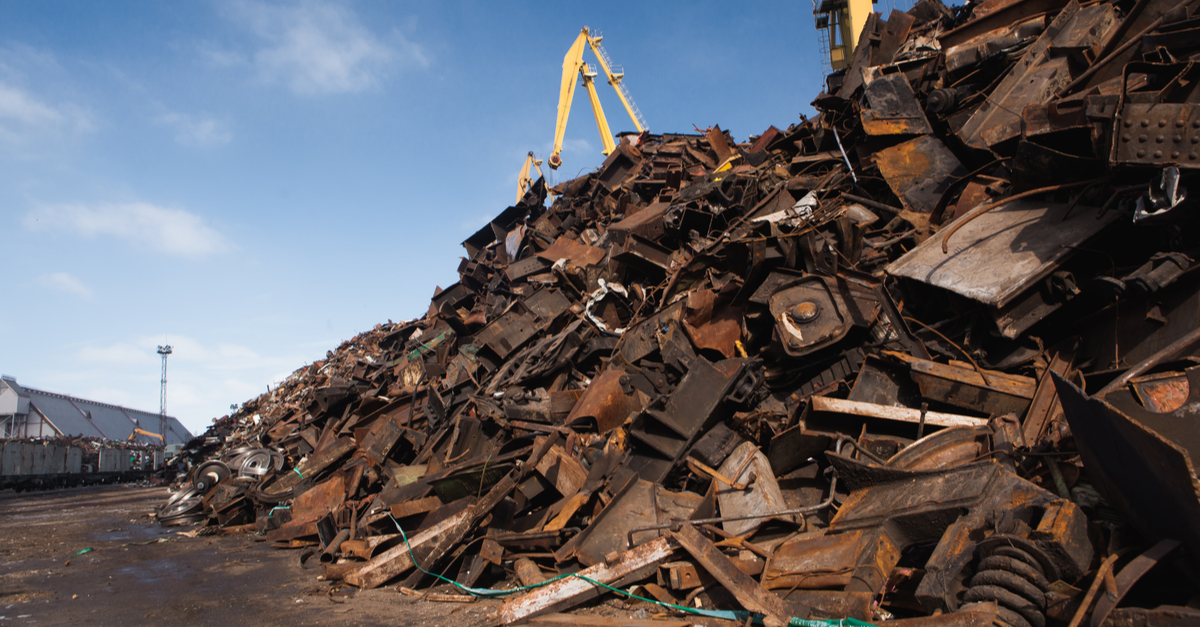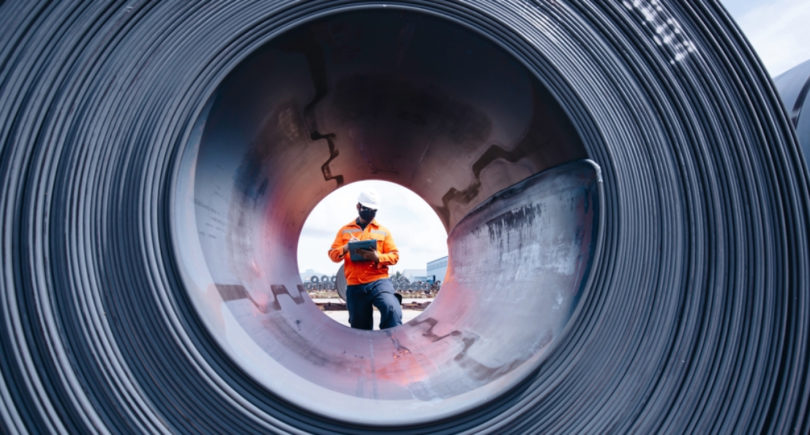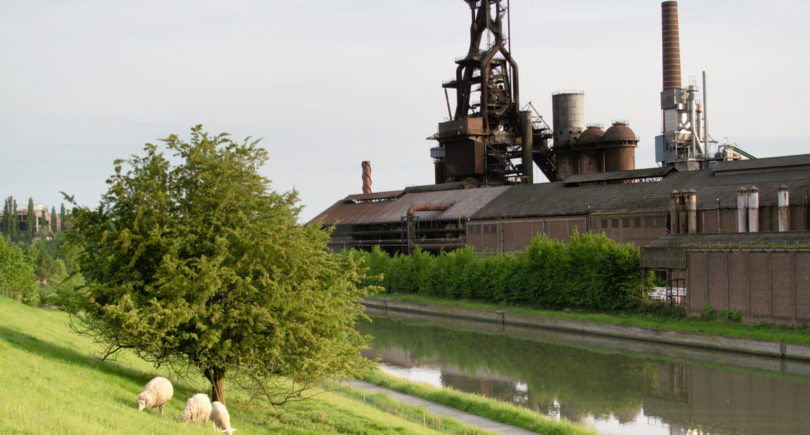
News Global Market scrap metal 664 26 October 2023
Protectionism regarding this raw material in the form of export restrictions is growing in the world
The scrap metal sector will grow amid decarbonization of the global steel industry, according to the ferrous metals division of the International Bureau of Waste Recycling (BIR). SteelOrbis informs about it.
Kedar Joshi, manager of Asian markets at Davis Index, recalled that the World Economic Forum, an international non-governmental organization, believes that between now and 2050, the energy transition will require 6.5 billion tons of recycled materials. He noted that this is impossible without increasing steel processing.
The expert noted that the increase in demand for scrap can occur not only in the EAF sector. In his opinion, the use of these raw materials may have to be increased by integrated steel plants in order to meet the demand of investors and the public to reduce carbon emissions.
According to Joshi, growing protectionism on scrap (recycled steel) in the form of export restrictions or export bans implemented by many countries is changing traditional trade routes.
«We are at the beginning of a 30-year supercycle in demand for recycled steel,» he says.
Representative of the Italian Danieli Centro Recycling David Braga noted that the demand for steel will continue to grow slowly until 2050, while steel mills aim to reduce carbon emissions by 70-90% by 2050. He predicts that the share of scrap that is fed to the EAF will double by 2050. If the forecast for the global use of electric arc furnaces turns out to be accurate, they will require an additional 300 million tons of scrap per year. This seems unlikely to pave the way for significant increases in direct reduction iron (DRI) production.
According to the BIR, 630 million tons of scrap are used annually in global steel production.
As GMK Center reported earlier, in 2030 the world demand for steel scrap will reach 778 million tons, which is 15.1% more than in 2021, according to the report of the research institute POSCO. Researchers predict that its global consumption will continue to grow, as will the demand for high-quality raw materials. Steelmakers are currently focusing their expansion plans on the construction of electric arc furnaces, while major consumers such as China are tightening quality standards for imported scrap.



